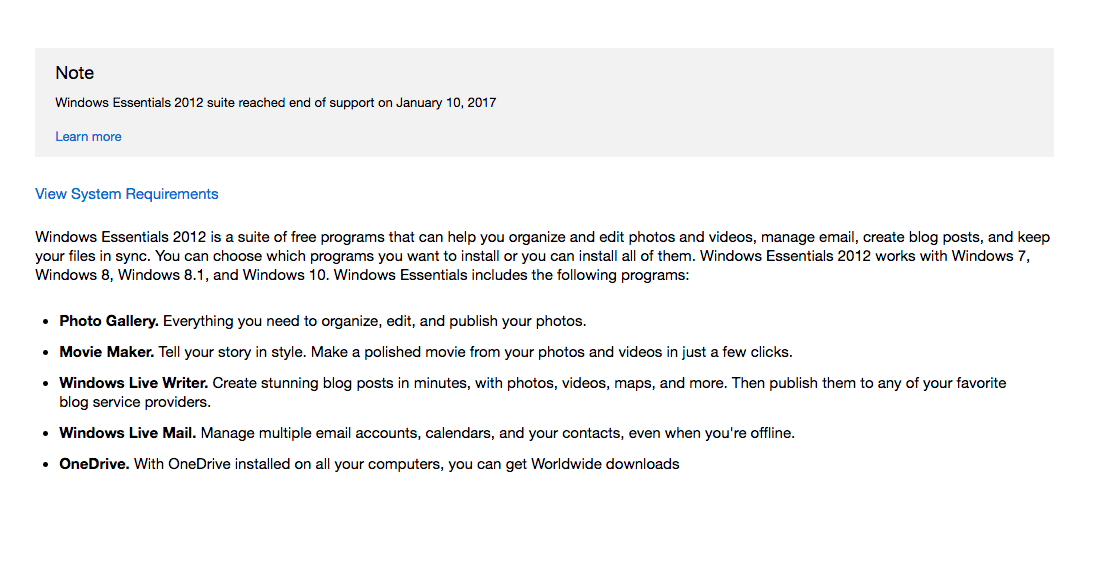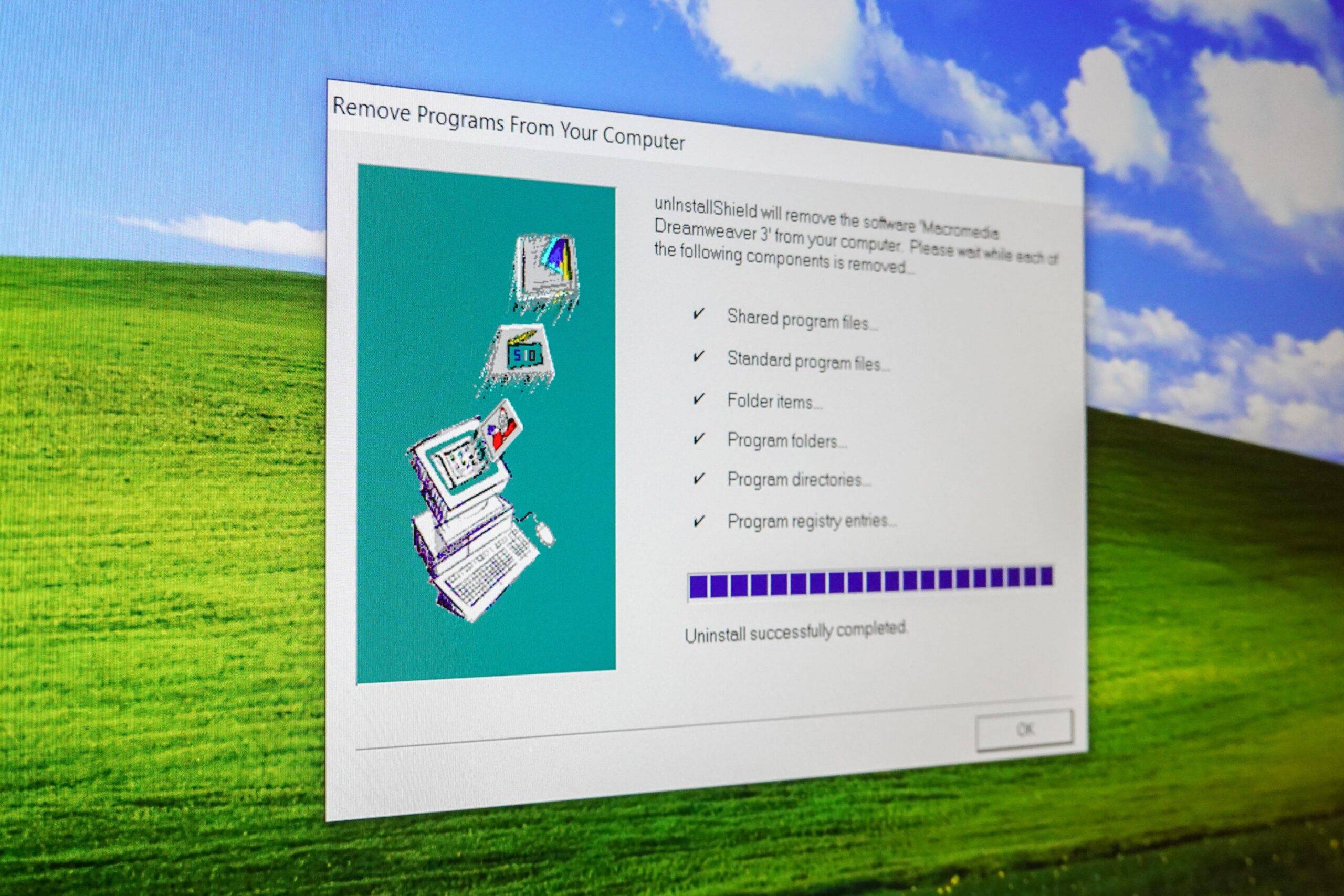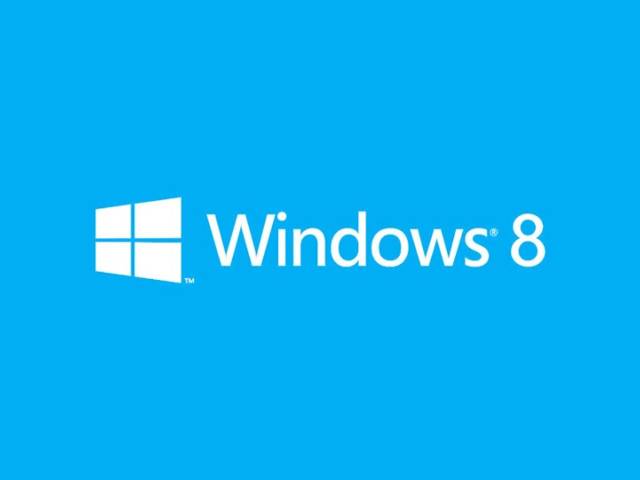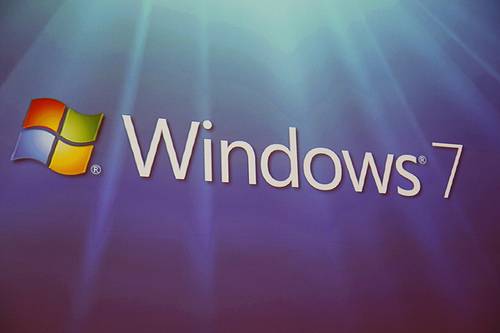California, (January, 2014) – In April 2012, Microsoft announced that it would stop supporting Windows XP in April 2014. After April 8, 2014, Microsoft will no longer write software patches and push out updates to fix software vulnerabilities, leaving those still utilizing the Windows XP Operating System vulnerable to malware, viruses and worse. With the date of support termination rapidly approaching, here’s why you should bite the bullet and ditch Windows XP.
Windows XP was released in 2001. Since then, Microsoft has released several new versions of Windows operating systems including Windows Vista, Windows 7, and most recently Windows 8. With every new generation, more robust protection from malicious code and hijacking is built into the software package, making each new Windows OS safer from malware and hacking than previous versions.
In its most recent Security Intelligence Report (SIRv15), Microsoft disclosed some of the data collected by its Microsoft Security Essentials anti-malware software. For every 1,000 systems scanned for viruses and malware, 9.1 XP systems were found to be infected with malware vs. 1.6 Windows 8 machines. This means that even supported, XP users are more vulnerable to viruses and malware.
Tim Rains, director of Trustworthy Computing for Microsoft, warns of several likely scenarios once Microsoft discontinues support for Windows XP. First, as soon as Microsoft issues a patch for later generations of Windows, hackers are likely to reverse-engineer the patch to see if the same software vulnerability exists in XP. Most of the vulnerabilities in future generations of Windows will exist in XP as well, leaving XP users exposed to an onslaught of un-hindered attacks. Every patch and service pack released after April 2014 will represent a new opportunity for hackers to identify holes in XP and easily design code to exploit weaknesses.
Second, there is speculation that hackers have already identified but delayed exploiting certain existing vulnerabilities in XP, choosing to wait to release their attacks until after Microsoft will no longer create a patch. This means that if you think you can continue to use XP for a while after support ends, figuring that it will take time for cybercriminals to break the OS, you should reconsider.
Data compiled by Net Applications in December 2013 shows that 29% of computers worldwide are still running Windows XP (http://www.netmarketshare.com/operating-system-market-share.aspx?qprid=10&qpcustomd=0). This represents a huge target for cybercriminals looking to take advantage of the soon-to-be unprotected Operating System.
The bottom line is that if you’re still running Windows XP, the time to upgrade is now. I know, I know, change is hard, but here have been a lot of great technological advancements in the last 13 years. While Windows 8 will take some getting used to – the Metro interface is significantly different from your XP desktop and icons – it offers some great benefits. In addition to the vastly improved security features, the boot up time is super-fast and a lot of people grow to love the constantly updated tiles of the Metro home screen. Not to mention, the traditional desktop and icons are still there and return with the click of two keys.
If you are hesitant to take on the more dramatic change of moving to Windows 8, consider upgrading to Windows 7. You can purchase a brand new PC and opt to have Windows 7 installed instead of Windows 8. Dell’s search function gives you the option to filter by Windows 7 so that you can quickly see all the systems they offer with Windows 7 instead of Windows 8. Windows 7 is a great, stable OS that is much safer than XP in terms of vulnerability to malware attacks, and it looks and navigates very much like XP. The main drawback is that it can be a bit of a resource hog so just make sure that you get a machine with a lot of RAM (at least 4GB).
While there is certainly a financial benefit to Microsoft’s pushing XP users to upgrade, it is only fair to note that 13 years is a long time to support an antiquated Operating System. It’s time to ditch XP and upgrade before your computer is left vulnerable to cyber attacks.

About The Author: Andrea Eldridge is CEO and co-founder of Nerds On Call, a computer repair company that specializes in on-site and online service for homes and businesses. Andrea is the writer of a weekly column, Nerd Chick Adventures in The Record Searchlight. She prepares TV segments for and appears regularly on CBS, CW and FOX on shows such as Good Day Sacramento, More Good Day Portland, and CBS 13 News, offering viewers technology and lifestyle tips. See Andrea in action at callnerds.com/andrea/.
About Nerds On Call: Established in a spare room in Redding, Calif., in March 2004, Nerds On Call offers on-site computer and laptop repair services to consumers and businesses. Nerds On Call provides trouble-shooting for PCs and Macs, home and office networks, printers, iPods® and MP3 players, handheld devices and cell phones, home theaters and game systems, and virtually every other form of digital entertainment. In 2009, 2010, & 2011 the company was named to Inc. magazine’s list of 5000 fastest growing private companies. With 7 locations across California and Oregon, Nerds On Call serves more than 40,000 satisfied customers per year. For more information, visit callnerds.com or call 1-800-919-NERD.






